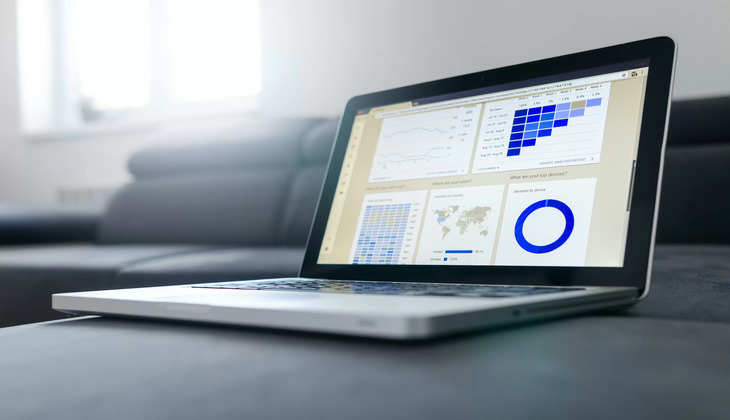What Is Tableau?

Tableau is a powerful data visualization and business intelligence tool used to transform raw data into understandable, interactive, and visually appealing graphical representations. It helps organizations make data-driven decisions by providing insights through visual analysis. Here are key aspects of Tableau:
Key Features
-
Data Visualization:
- Tableau excels in creating a wide variety of visualizations, including bar charts, line graphs, scatter plots, heat maps, and more.
- It allows users to build interactive dashboards that can be customized for different audiences.
-
Ease of Use:
- Tableau’s drag-and-drop interface makes it accessible to users without extensive technical or programming skills.
- It provides a user-friendly experience, enabling quick and efficient data analysis.
-
Connectivity:
- Tableau can connect to a vast range of data sources, including databases (SQL, NoSQL), spreadsheets (Excel), cloud services (Google Analytics, Salesforce), and big data platforms (Hadoop).
- It supports both live and in-memory data connections, allowing real-time data analysis and performance optimization.
-
Advanced Analytics:
- Tableau offers advanced analytics features such as trend lines, forecasting, statistical summaries, and integration with R and Python for complex data analysis.
- Users can perform calculations, create calculated fields, and use parameters to add interactivity and depth to their visualizations.
-
Sharing and Collaboration:
- Tableau Server and Tableau Online provide platforms for sharing and collaboration, allowing users to publish dashboards and reports securely within an organization.
- Tableau Public offers a free platform for sharing visualizations publicly on the web.
-
Mobile Support:
- Tableau’s mobile applications enable users to access and interact with their dashboards on smartphones and tablets, providing flexibility and accessibility on the go.
Components of Tableau
-
Tableau Desktop:
- A development and authoring tool used to create dashboards and reports. It allows users to connect to data sources, perform data analysis, and build visualizations.
-
Tableau Server:
- A web-based platform for sharing, distributing, and managing Tableau workbooks and dashboards across an organization. It provides user authentication, permissions management, and collaboration features.
-
Tableau Online:
- A cloud-based version of Tableau Server, offering similar functionality without the need for on-premises hardware. It provides easy access to Tableau’s sharing and collaboration features.
-
Tableau Public:
- A free version of Tableau for individuals and organizations to share visualizations publicly. It’s an excellent platform for learning and showcasing Tableau skills.
-
Tableau Prep:
- A data preparation tool that helps users clean, shape, and combine data before analysis. It offers a visual interface to build data workflows and ensure data quality.
Use Cases of Tableau
-
Business Intelligence:
- Used by companies to gain insights into business performance, customer behavior, and market trends through interactive dashboards.
-
Healthcare:
- Analyzing patient data, hospital performance, and public health statistics to improve healthcare outcomes and operational efficiency.
-
Finance:
- Visualizing financial data, tracking KPIs, and conducting risk analysis for better financial decision-making.
-
Marketing:
- Understanding campaign performance, customer segmentation, and social media analytics to optimize marketing strategies.
-
Education:
- Monitoring student performance, analyzing academic results, and managing institutional data for better educational outcomes.
Learning Tableau
-
Online Courses:
- Websites like Coursera, Udemy, and LinkedIn Learning offer comprehensive Tableau courses ranging from beginner to advanced levels.
-
Tableau’s Official Resources:
- Tableau provides extensive documentation, tutorials, and a community forum on its official website to help users learn and troubleshoot.
-
Certification:
- Tableau offers certification programs (Desktop Specialist, Desktop Certified Associate, Desktop Certified Professional) to validate and demonstrate proficiency in using Tableau.
Conclusion
Tableau is a versatile and powerful tool for data visualization and business intelligence, enabling users to uncover insights and make informed decisions through interactive and visually appealing dashboards. Its ease of use, connectivity, and advanced features make it a popular choice across various industries for data analysis and reporting.
